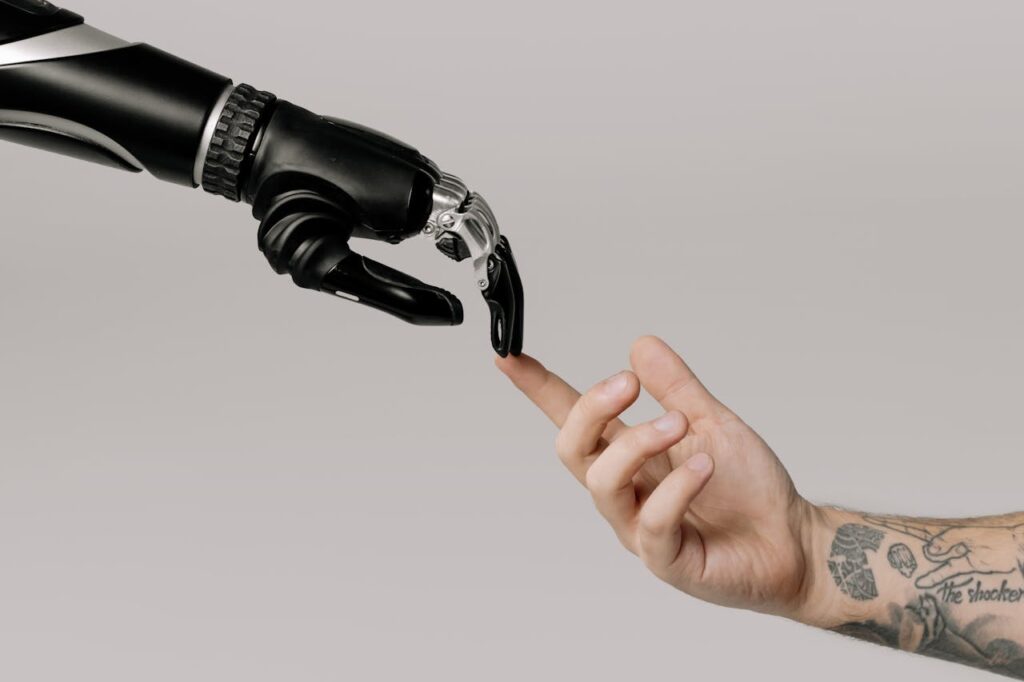Horse racing is one of the most popular sports on the calendar, with many of the biggest events attracting record-breaking figures in terms of wagers. There are few more popular sports to bet on, with events such as the Breeders’ Cup, Royal Ascot, and the Cheltenham Festival ranking among the most popular among novices and experienced gamblers.
However, finding winners is no easy feat regardless of how much knowledge that you have about the sport, as shock outcomes are frequent on a daily basis. Therefore, extensive research is required before placing any wager on the action.
Due to that, is little surprise that AI is playing a greater role within the sport in this modern day, as it enables the tech to sift through pieces of form quicker than a regular person. But, what has been its impact on predicting horse racing outcomes, and is there a successful win-rate in terms of predictions?
How Does AI Work Within Racing?
AI is one of the fastest-growing forms of tech in this modern era, with many becoming familiar with it due to the role that it plays in our day-to-day lives on mobile devices. The tech is also breaking new ground in sports betting, as it can quickly go through pieces of form to churn out the most likely result of an outcome.
It is a really interesting tool for bettors when it comes to wagering on horse racing, as there is typically a lot of information to digest, and AI enables this process to be done much quicker.
With so much data to consume, it can especially be overwhelming for newcomers to the sport that just want to take advantage of welcome bonus before getting involved in the action. It is also a useful took for experienced bettors to back up their own beliefs, while also showing a potential piece of data that could have been missed when assessing the most likely outcomes.
What Data Is Considered In Horse Racing?
Nowadays you don’t need much to know how to wage on horses: you you’re your phone and check what is exacta in horse racing and in minutes you are an expert.
However, reading the form is essential before placing any wager on the horse racing action, as the data available will likely have a key bearing on a potential result in a race. Standard research for bettors typically sees them go through the most basic form lines, which includes assessing the runner’s and their results on track. This includes assessing their preferred distance to compete over, and the speed figures that they have recorded.

However, this is only a small consideration compared to the data that must be consumed before making a very confident pick on the racing. In addition, breeding plays a huge role in helping identify a runner with a good chance, as this could pinpoint a horse that is likely to improve over a longer distance. Pedigrees are vitally important before betting on flat racing, as they help a bettor to understand whether the runner will compete over the distance that they are running over.
Furthermore, another important piece of data that must be considered is the horse’s form over the terrain and the conditions that they are competing in. That means a horse with form on fast ground may not be able to replicate their effort if they are competing on a water-sodden sloppy track. AI is able to go through all these possible pieces of data before churning out the most likely outcome in any race across the world.
What Are The Positives?
There are a number of positive factors that have come out following the introduction of AI when it comes to betting on horse racing. The tech is capable of taking in all the data required to make a bet on the action with huge accuracy, reducing the risks of mistakes that could be made if a human was looking to go through the form lines by themselves.
It is also made decision making for trainers and owners more straightforward, as the tech could be used to test the criteria in place before running their horse in a certain race. The speed is also a massive benefit when it comes to AI, as it is able to digest information much quicker than a human.

Therefore, a process that could take a gambler hour to break down a race could take AI just seconds. But, for many bettors, the research can often be one of the most enjoyable and rewarding aspects of betting, meaning that it may not be seen as a positive across the board.
Another huge positive that comes with the use of AI is the fact that it takes into account potential factors that could reduce the chances of having a winning bet. This includes taking into account horses that are slow starters from the stalls on the flat and runners that are prone to errors over the jumps.
